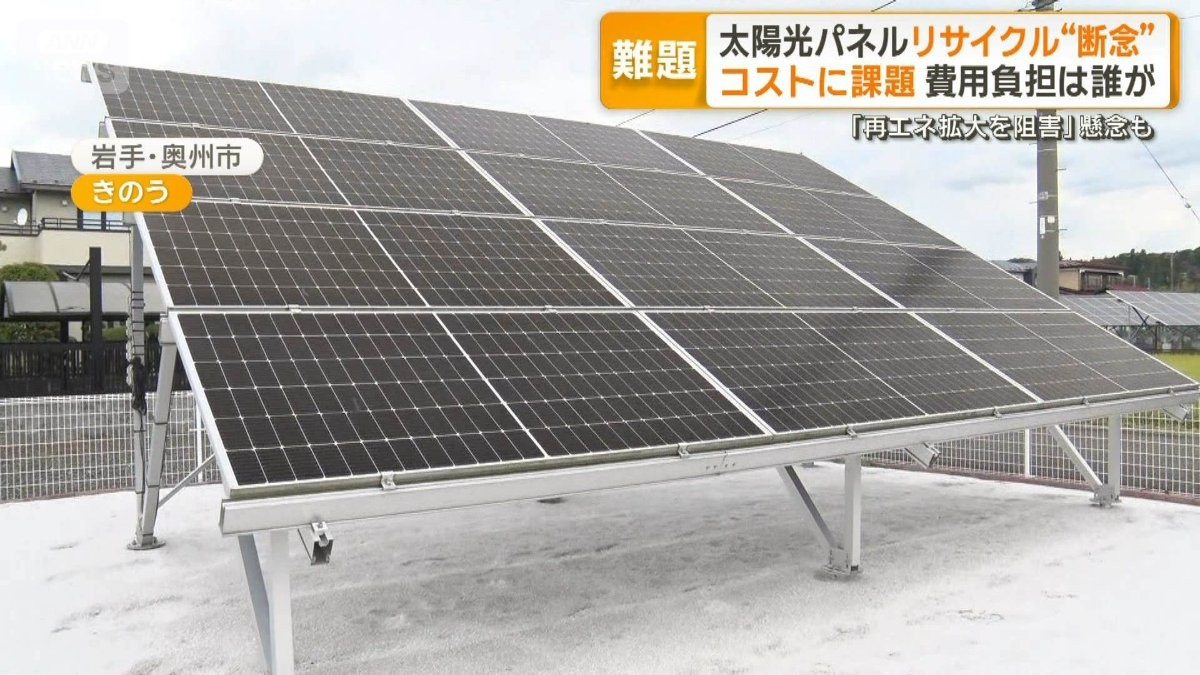The news delves into the growing concern about the disposal and recycling of spent solar panels in Japan. The issue lies in determining responsibility for the environmental and financial burdens associated with proper disposal. While solar power companies are reluctant to take full responsibility due to cost concerns, environmentalists argue that the responsibility should not fall solely on the consumers. The article prompts discussions about potential regulations and new solutions to manage the waste responsibly and sustainably.
Japan has heavily invested in solar energy in recent years as part of its commitment to reducing carbon emissions. However, the country is now facing the challenge of disposing and recycling worn-out panels efficiently and safely. The issue is creating debates about sustainability and responsibility among policymakers, companies, and consumers, reflecting the country's evolving environmental values and concerns.
In contrast, countries like the US and EU have established regulations and frameworks for end-of-life handling of solar panels. The European Union, for example, mandates solar panel manufacturers to finance the costs of collecting and recycling end-of-life solar panels. Meanwhile, the US is still wrestling with developing a uniform national policy for solar waste management.

